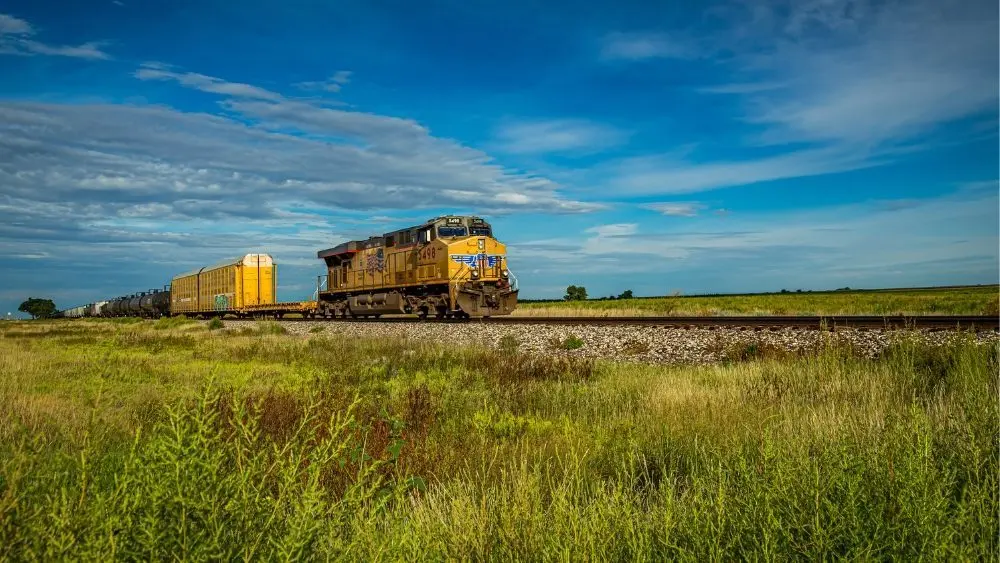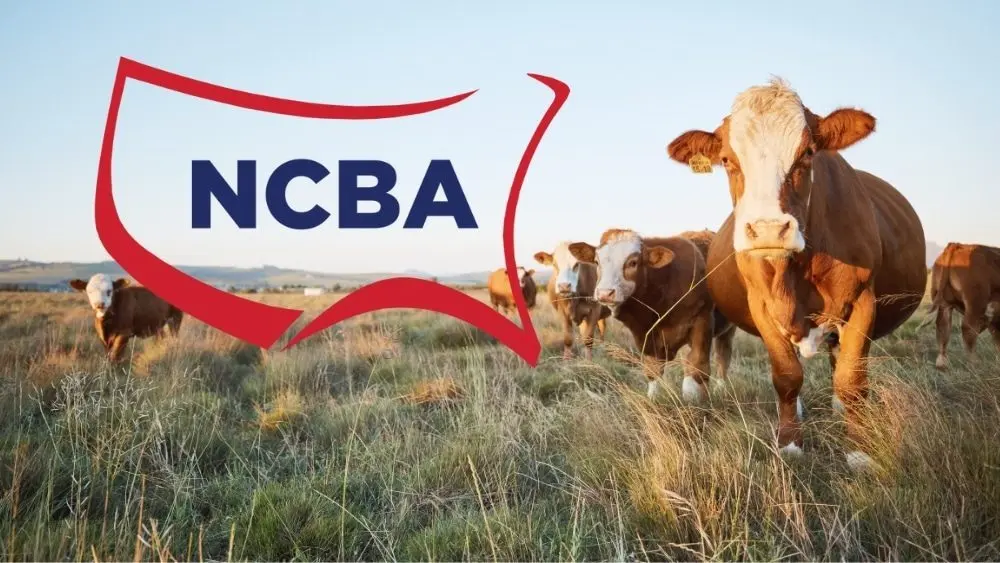
Washington, DC (September 16, 2025) – The Rail Customer Coalition (RCC), which represents manufacturing, agriculture, energy, and other vital industries across the U.S. economy, sent a letter today to the Surface Transportation Board (STB) warning that Union Pacific’s proposed acquisition of Norfolk Southern could erode market competition across the U.S. freight rail network, driving up costs and exacerbating chronic service failures.
The two railroads filed a notice of intent regarding a proposed merger with the Board on July 30, and plan to submit a formal application for regulatory approval by January 2026.
The RCC, whose members collectively support more than 7 million American jobs and contribute over $4.8 trillion to the U.S. economy, cautioned that the merger could erode service options in an industry already dominated by just a few railroads controlling more than 90% of freight traffic.
“Past rail mergers have shown what happens when consolidation goes unchecked: service suffers, costs increase, and jobs disappear,” the letter states. “A transcontinental merger could spark a new wave of consolidation, leaving captive shippers with even fewer rail companies to choose from. This is in direct contrast to the President’s executive orders aimed at promoting American prosperity, curbing anti-competitive practices, and preventing monopolistic behavior.”
The coalition urges the Board to conduct a thorough review of the proposed merger and to take meaningful action to enhance competition, service, and supply chain stability.
The RCC letter further explains that the Board’s merger rules rightly focus on the need to “enhance competition.” For any transaction that would so dramatically extend a single railroad’s market power, that threshold should mean broad new access to competing rail service, not just claims that single-line routes could make rail more competitive with trucks.
Trouble on the Tracks
The release of the letter coincides with new findings from Escalation Consultants showing that, after adjusting for inflation, freight rail rates have risen more than 40% over the past 20 years, far outpacing both demand and operating expenses. Rail rates also increased by almost 70% more than truck rates in the same period.
The surge in rail rates followed a series of rail mergers that reduced the number of large U.S. freight railroads from 23 to just 6. With reduced competition, profit margins have soared while the amount of goods shipped by rail has shrunk.
Rail revenue from potentially non-competitive rates has surged 265% since 2004, compared with an almost 50% increase from presumed competitive rates. “Non-competitive pricing has become the norm, not the exception,” said Jay Roman, President of Escalation Consultants. “Rail customers continue to pay a substantial price for the consolidation of railroad market power.”
Call to Action
The RCC warned that the proposed merger, which would reorganize the entire U.S. rail network, deserves the highest scrutiny. When policymakers are focused on strengthening U.S. manufacturing, securing supply chains, and fighting inflation, it said, further consolidation in the rail industry could undermine that progress.
- “Producing and moving more chemistry here at home is key to growing the economy. From microchips to cars to medicines, if we want to increase manufacturing in America and lead in global trade, we must do a better job transporting American made goods. Many rail customers are currently dealing with high rates and unreliable service. Further consolidation within the rail industry is likely to make these problems worse as was the case with prior mergers. We need a rail system that delivers for U.S. manufacturers. That means more rail-to-rail competition, not less.” – Chris Jahn, President and CEO, American Chemistry Council
- “The freight industry continues to fail to meet even the lowest of standards, putting shippers at a distinct disadvantage. It’s clear to the countless industries that rely on freight rail that a merger will not fix these challenges but only serve to expand the market power and profit margins of a few carriers to the detriment of their customers.” – Eric R. Byer, President and CEO, Alliance for Chemical Distribution
- “AFPM has serious concerns with further consolidation in the U.S. freight rail system and how it will impact American refiners, petrochemical manufacturers and our customers. Our members’ ability to produce the fuels and petrochemicals our economy needs to thrive depends on timely and affordable rail service. Therefore, we are looking to the STB to prioritize freight rail competition so service improves for all shippers.” –Chet Thompson, President and CEO, American Fuel & Petrochemicals Manufacturers
- “Agricultural retailers and their customers depend on an expansive, efficient rail network to deliver essential supplies in a timely manner. For the proposed Union Pacific and Norfolk Southern merger, ARA is opposed to any outcome that negatively impacts shippers’ rights and the affordability, reliability, or safety of rail service for America’s agricultural retailers, farmers, ranchers, and their rural communities.”- Daren Coppock, President and CEO, Agricultural Retailers Association
- “Particularly important to FRCA members is that if a transcontinental merger is to be approved, it must provide enhanced competition for those who ship via unit train, typically point-to-point, and can utilize only a single rail carrier. In the end, shippers, particularly captive shippers, need guaranteed competitive solutions that are workable, effective, and enforced by the STB where captive shippers actually receive the benefits.” – Ann Warner, Spokesperson, Freight Rail Customer Alliance
- “NITL has consistently been on the record as opposing further consolidation in the freight rail industry. As a result of prior mergers, rail competition has been drastically reduced in the United States and many of NITL’s rail members have facilities that are captive to only a single railroad. We urge the STB to exercise utmost scrutiny ensuring that if the proposed UP-NS merger is approved, it will provide enhanced railroad-to-railroad competition where the combined carrier is held accountable for performance.” – Nancy O’Liddy, Executive Director, National Industrial Transportation League
The RCC reaffirmed its commitment to actively engage in the Board’s review process to prevent harmful concentration of rail industry power and to advocate for a more competitive rail-to-rail freight system that drives growth for U.S. businesses and families.



